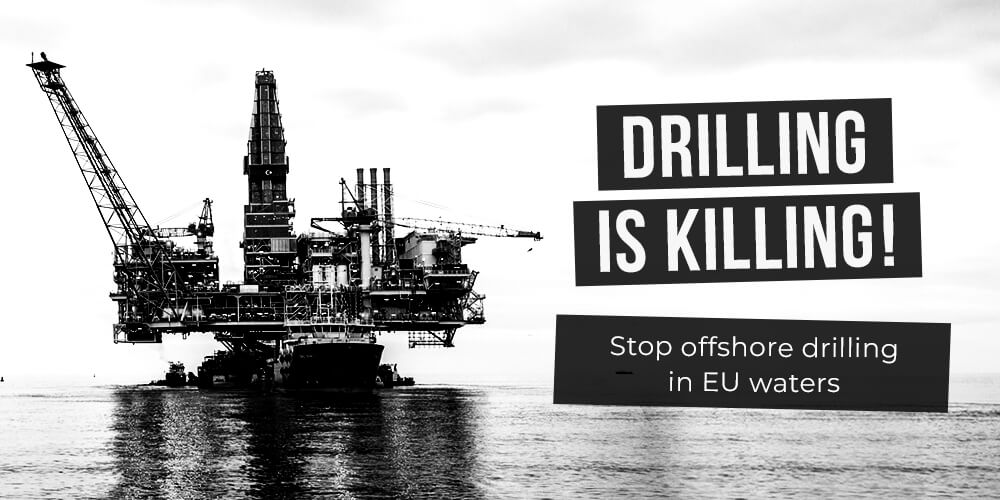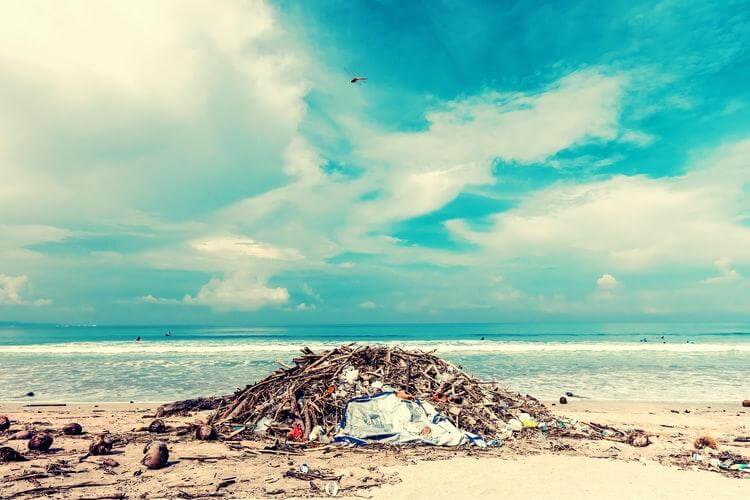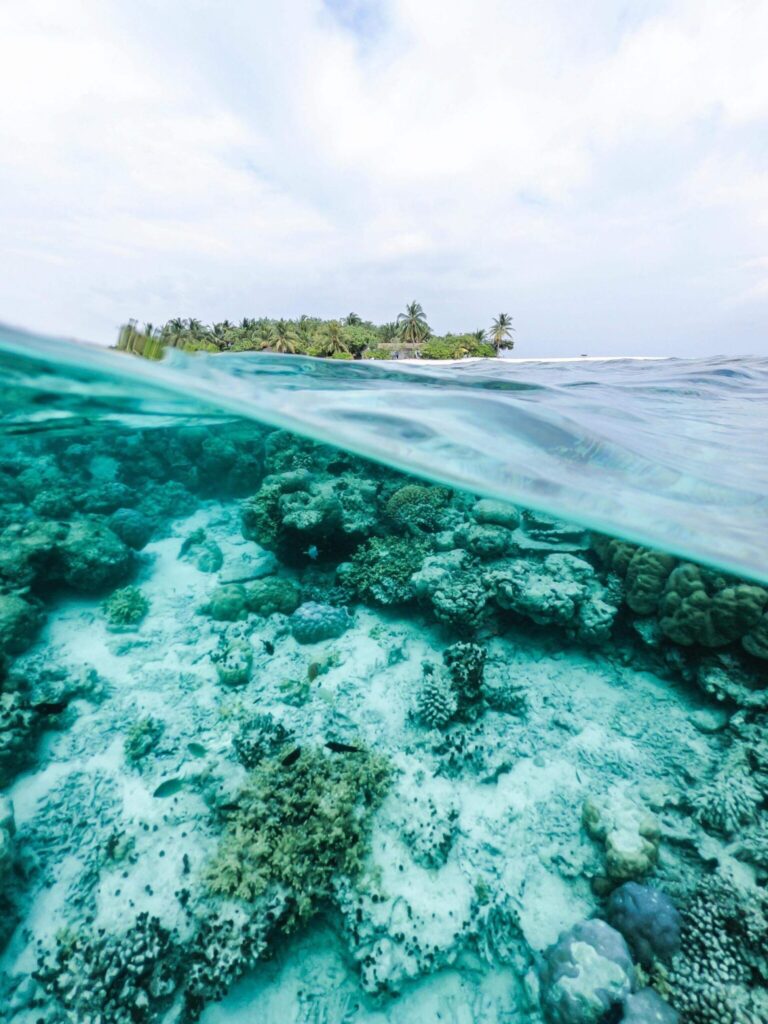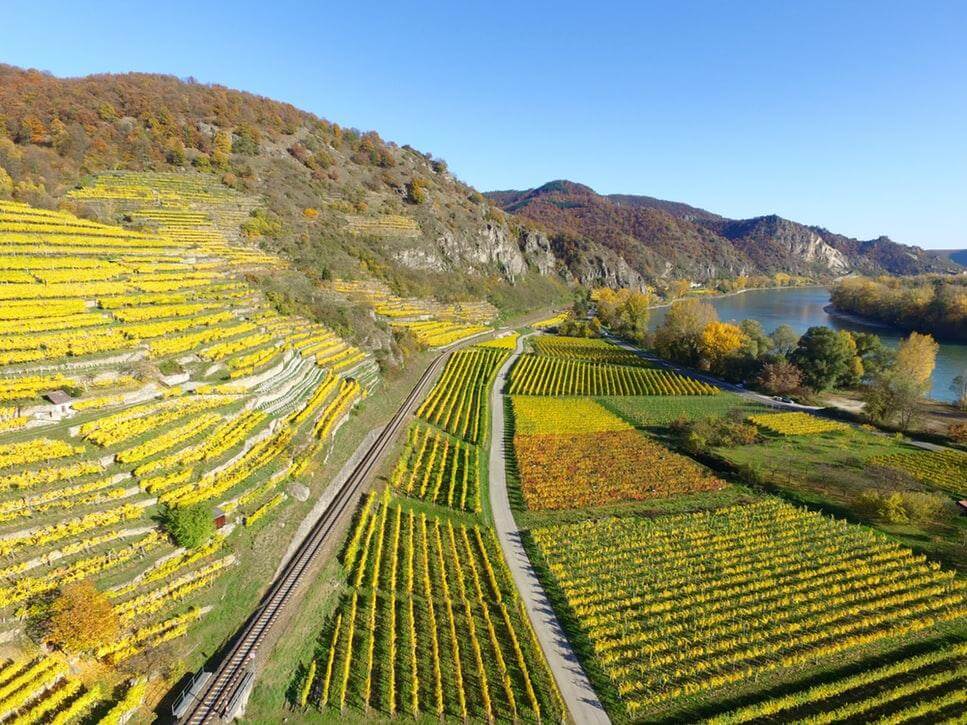Within the EU Green Deal, Surfrider welcomes the European Commission’s new strategy on biodiversity released on May 20th and its ambition to protect and restore nature in Europe, as well as enable transformative change to reverse biodiversity loss. However, we are surprised by insufficient focus given to ocean: out of 17 key commitments, hardly half address ocean biodiversity.
More assertiveness needed to preserve our inadequately protected ocean
In this new Biodiversity strategy, the European Commission (EC) puts forwards multiple important measures that Surfrider warmly welcomes and recalls the necessity to protect at least 30% the sea while only 11% is today protected in the EU. Yet, we regret that the Biodiversity strategy gives much less attention to ocean issues than to land preservation, despite the fact that more efforts are needed to ensure ocean’s good environmental status, especially since marine wildlife is estimated to have declined by half since the 1970s and because by 2100 more than half of the world’s marine species may stand on the brink of extinction.

Surfrider Europe salutes the Commission’s ambition to have 10% of the EU territory covered by strict protection measures. In accordance with IUCN classification, activities such as offshore oil and gas exploration and exploitation are to be prohibited in these zones – but we urge the EU to ban them in all the Marine Protected Areas, given their extremely harmful impact on marine biodiversity. Prohibiting offshore drilling would also partly address energy decarbonization goal underlined by the European Commission and help fighting climate change that is one of the direct drivers of biodiversity loss, in accordance with ocean-climate-biodiversity nexus. Later on, we hope that offshore drilling ban can extend to all European waters.

In addition, marine ecosystems are also severely impacted by pollution which needs to be urgently reduced at source and by other harmful human activities. A lot is expected from the upcoming zero-pollution and chemicals strategies which will need to set legal measures to address marine litter, including plastic and microplastic (intentionally added to our everyday and industrial products as well as resulting from the washing of textiles, pellets, and abrasion of tyres), and chemical pollution. Tourism impacts & coastal development can be partly addressed by the New EU Strategy on Adaptation to Climate Change, as well as by extending the proposed notion of “green cities” to “ocean-friendly cities”. Underwater noise and invasive species problems must be dealt with by pushing for more sustainable practices within shipping industry (ex. via promotion of Green Marine Label and via legal obligations) and by setting measures to prevent container loss – another major source of pollution resulting from shipping.
We salute the European Commission’s intention to invest in science and education to promote biodiversity. It is essential that knowledge of our blue lung is at the heart of the proposed education and training programmes, in line with UNESCO ocean literacy goals and the upcoming UN Decade of Ocean Science.
Other tools for protecting biodiversity

Surfrider Europe fully supports the EC’s will to assume the international leadership to protect and restore world’s biodiversity, namely by brokering overarching long-term goals, similar to the 1,5C target for climate change. We are convinced that it is equally important to achieve the effective implementation of the objectives that have already been agreed upon (ex. phasing out harmful subsidies scheduled for 2020 by the Aichi Target 3 of the Convention on Biological Diversity). We also welcome the EC’s ambition to use trade deals to bring about changes in other parts of the world.
Addressing corporate responsibility in dealing with biodiversity loss is crucial, and we are glad to see the Commission’s adherence to the polluter pays principle and its proposal of shifting tax burden from labour to pollution. However, Surfrider Europe believes that Corporate Social Responsibility principles need to be improved: private stakeholders should be encouraged to transform their economic models in order to prevent biodiversity loss and ensure the respect of a stable level of environmental protection. We must make sure that natural capital investment, encouraged by the Commission, is used for nature’s protection, not as a pretext for its further overexploitation.
Furthermore, we are surprised by the lack of mention of sports in the presented strategy. Accounting for more than 2% of the EU GDP and employing 5,67 million people whose activity has direct, and most often negative, impact on the environment, “the sport industry has a responsibility – as well as an interest – in ensuring that its operations are sustainable1”, according to the IUCN. Surfrider Europe thus urge the Commission to adopt measures to reduce the impact of sporting activities on biodiversity and the environment.

The biodiversity strategy comes with the publication of a complementary Farm to Fork strategy which Surfrider welcomes for the proposed measures of cutting the use of pesticides, fertilisers and antibiotics which will benefit ocean health. However, more ambition is needed to achieve circularity and reduce plastic packaging at source. Overall, concrete legal targets are to be set to go beyond mere calls for commitments from the food sector and enforcement ensured to guarantee the strategy delivers.
All in all, we need to ensure that the cumulative impact of pressures from human activities is reduced and kept at levels compatible with thriving marine ecosystems. Preserving and restoring our planet’s biodiversity would only be possible with all stakeholders’ hands on deck and with ocean at the heart of our actions.

